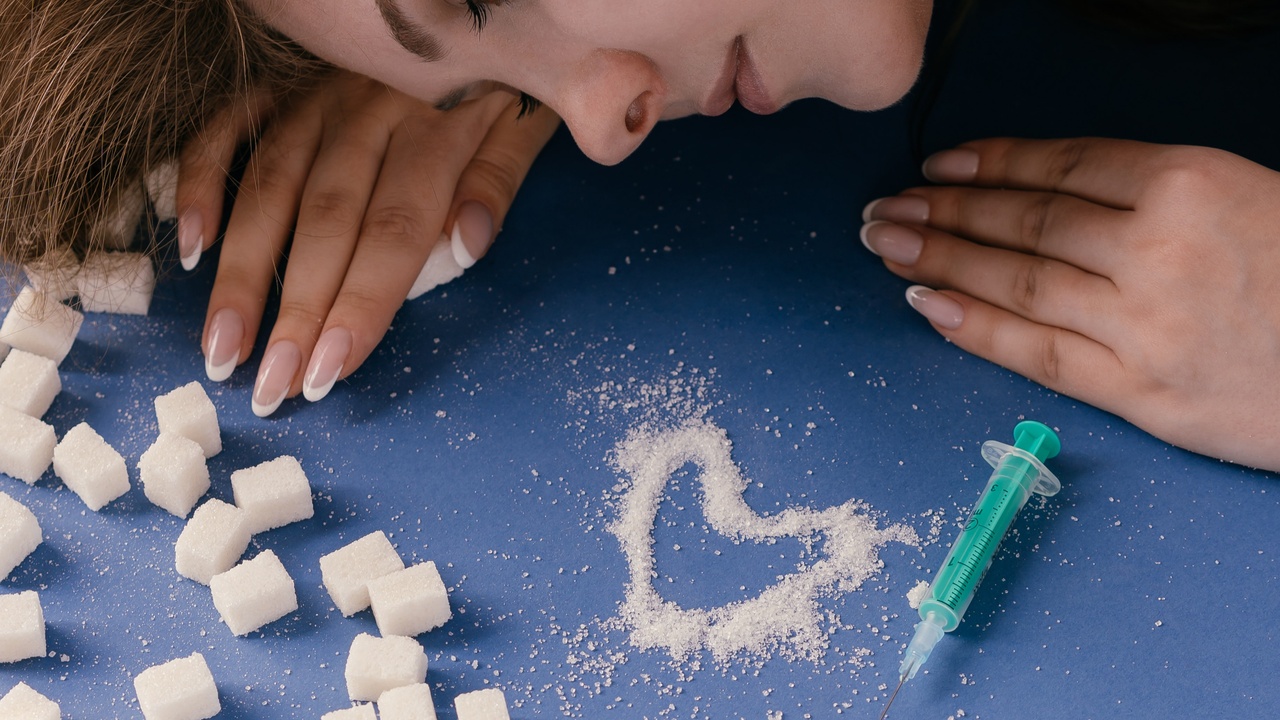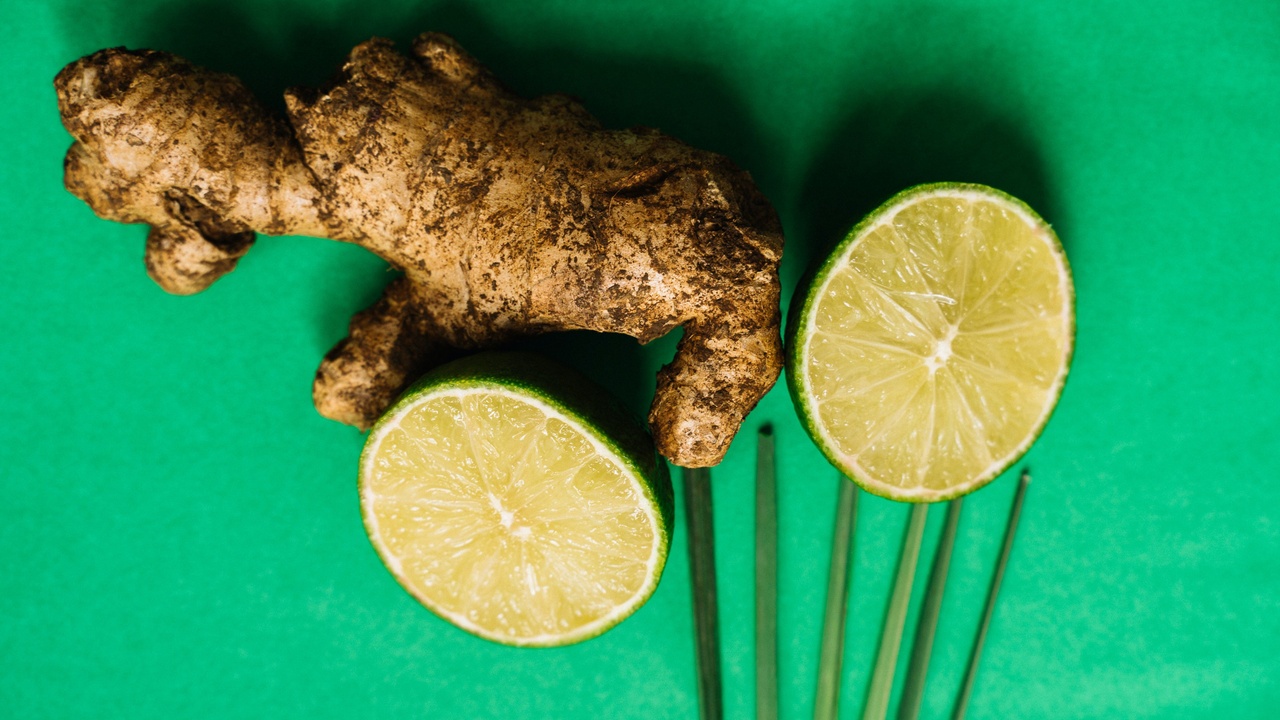Exercise Affects the Gut Microbiome

By Dr. Sean M. Wells, PT, DPT, OCS, ATC/L, CSCS, CNPT, Cert-DN
At Nutritional PT we talk a lot about how food can impact the gut microbiome. But as Doctors of Physical Therapy (DPT), did you know that exercise has been shown to influence the gut microbiome? Studies have found that regular physical activity can increase the diversity and abundance of beneficial gut microbes, such as Bifidobacterium and Akkermansia, while reducing the abundance of potentially harmful microbes, such as Clostridium and Bacteroides.
New Research
A recent study demonstrated that alpha diversity increased among normal-weight and overweight adult individuals with moderate increases in physical exercise durations. Compositional alterations were primarily observed among normal-weight individuals. These findings indicate that even small increases in PA duration by overweight individuals can improve beneficial microbe abundance and diversity in the intestines, which has huge implications for PTs working with ov...
Spice up Your Gut Biome

Spice Up Your Gut Biome
By Dr. Sean Wells, DPT, PT, OCS, ATC/L, CSCS, NSCA-CPT, CNPT, Cert-DN
In prior blog posts, and definitely within our board-approved continuing education courses, we have discussed the gut microbiome at length. It is an amazing array of bacteria, fungi, and archaea that help to produce compounds, integrate with our immune responses, and may be linked to certain diseases. While all of this seems promising we have to be honest that the literature regarding what exact mechanisms and species that are linked with disease states still remains to be seen.
However, we do know that promoting the amount and diversity of the gut biome content is a positive thing. Best recommendations for this would include eating a variety of foods, consuming fiber, enjoying foods rich in probiotics (e.g. miso, fermented foods), and avoiding broad-spectrum antibiotics when possible. Another fun, recent finding is that another food additive may help boost the gut biome: spices!
In the r...
Nutritional Sweeteners Affect the Gut Biome

Nutritional Sweeteners Affect the Gut Biome
By Dr. Sean M. Wells, DPT, PT, OCS, CNPT, ATC/L, CSCS, NSCA-CPT, Cert-DN
Artificial sweeteners: good, bad, or simply not understood? For years they were touted to be the pinnacle replacement of the calorie-rich and nutrient poor table sugar. Things seemed too sweet to be true, when some artificial sweeteners, often called non-nutritional sweeteners, were linked with cancer. Fortunately science and common sense prevailed showing no risk of cancer to humans; however, researchers have been tracking some intriguing findings of what artificial sweeteners may do to the gut.
A recent study published in the journal Cell showed that non nutritional sweeteners, like saccharin and sucralose, alter the gut microbiome. We have known for years that there may be some interaction with the gut microbiome, we're just not sure to what extent. With this current publication, clinicians can have a better understanding of how much and which sweeteners affect th...
Our Top Blog Posts From 2021

Our Top Blog Posts From 2021
By Dr. Sean M. Wells, DPT, PT, OCS, CNPT, ATC/L, CSCS, NSCA-CPT, Cert-DN
Our team has gathered copious research and written many blog posts in 2021. From gut biome studies to intermittent fasting, we have perused the literature to bring you the best in regards to nutrition specific for physical therapy practice. Much confusion and controversy still exists within nutrition science, but you, our fellow nutritional PT loyalist, have shown us the content you love the most. As such, we wanted to offer you a nice summary of what you liked the most from 2021.
Having such robust data on hoppers and mice is great, but what about human studies and the impact on physical therapy practice? A well-done systematic review outlines some of the following benefits for humans who undertake IM:
- Improved stress response
- Lowered cholesterol
- Lowered blood pressure
- Improved insulin response
Understanbly such benefits could help many patients in ca...
Autism and the Gut Biome: What Pediatric PTs Need to Know

By Dr. Sean M. Wells, DPT, PT, OCS, ATC/L, CSCS, NSCA-CPT, CNPT, Cert-DN
Autism is a condition that affects nearly 1 in 50 children. Covering a wide spectrum of symptoms, autism is often associated with delayed milestones, difficulty socializing, and/or sensitivity to sensory stimuli. The main cause of autism still remains to be seen; however, there is compelling evidence that individuals with autism have a markedly different gut microbiome compared to normally developed children. Such thinking has lead to alternative therapies and treatments, which many parents may pursue to help their child improve their autism symptoms. Fortunately, data from a recent study in Cell sheds light on the gut biome differences and how some alternative therapies may not ideal.
Chloe Yap from Mater Research and The University of Queensland said the team examined genetic material from the stool samples of 247 children, which included 99 children diagnosed with autism. After examining the diet and stool sa...
Fasting and the Gut Microbiome

By Dr. Sean M Wells, DPT, PT, OCS, ATC/L, CSCS, NSCA-CPT, CNPT, Cert-DN
For many decades nutrition experts and researchers were aware that fasting could impact certain disease states. From rheumatoid arthritis (RA), osteoarthritis, and several metabolic diseases (e.g. gout), fasting could reduce symptoms, improve functioning, and/or improve metabolic profiles for a short period. This short period of improvement could help patients during flares or bouts but couldn't offer long lasting effect. Many physiotherapists in the United Kingdom are aware of the power of fasting and vegetarian diets for patients with RA.
The understanding of how symptomology would improve in light of fasting was not well understood. Some authors offered the notion of the soma vs metabolic tradeoff, where the body took its time to repair its systems vs channeling energy into digesting food. Other researchers suggested that certain foods promote inflammation, and thus, removing food could reduce inflammation. W...
Could Meat Lower Heart Disease Risk?

By Dr. Sean M. Wells, DPT, PT, OCS, ATC/L, CSCS, NSCA-CPT, CNPT, Cert-DN
If you were reading the news last week then you might have seen an article that sounds something like: "Good News, Meat May Protect You from Heart Disease." While this sounds exciting and promising, many of the published media articles just don't dive into the science enough to give citizens and clinicians an educated viewpoints. Let's examine the new evidence, its science, and what impact it should have on physical therapy practice.
The Article
The main research paper the media is slinging around can be found in mSystems, an open access journal. The authors, Kivenson and Giovanni, published the paper title An Expanded Genetic Code Enables Trimethylamine Metabolism in Human Gut Bacteria, which full-text can be found here. Both Kivenson and Giovanni are researchers at Oregon State University and their primary focus is in microbiology.
mSystems is a relatively new journal. Overall it has an impact factor of 6.28...


